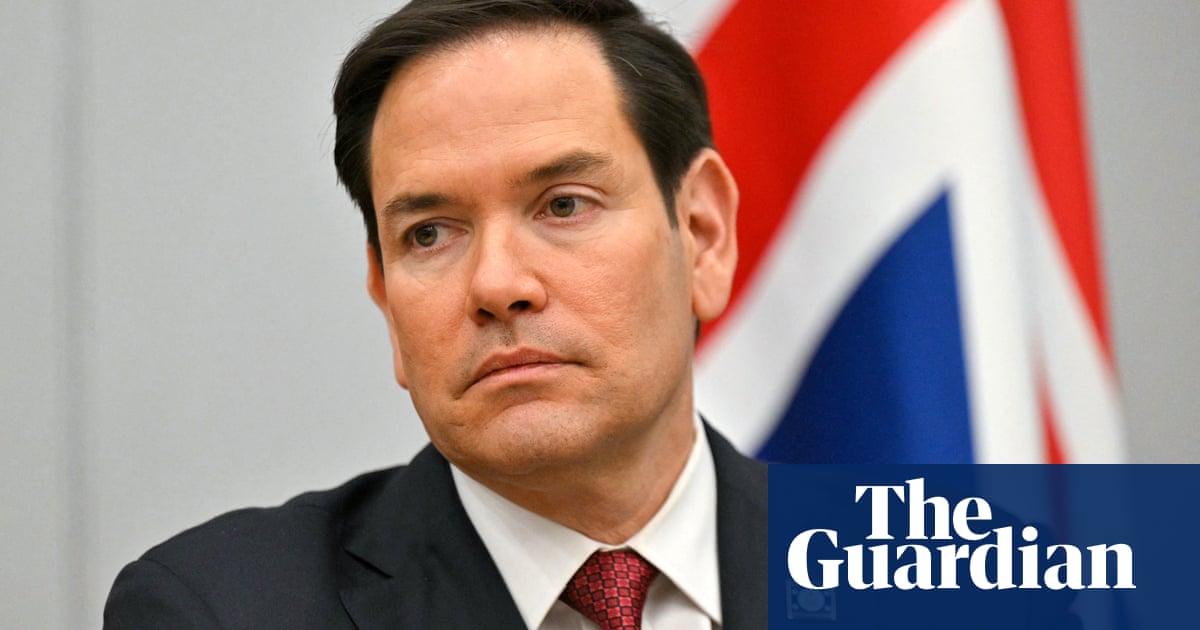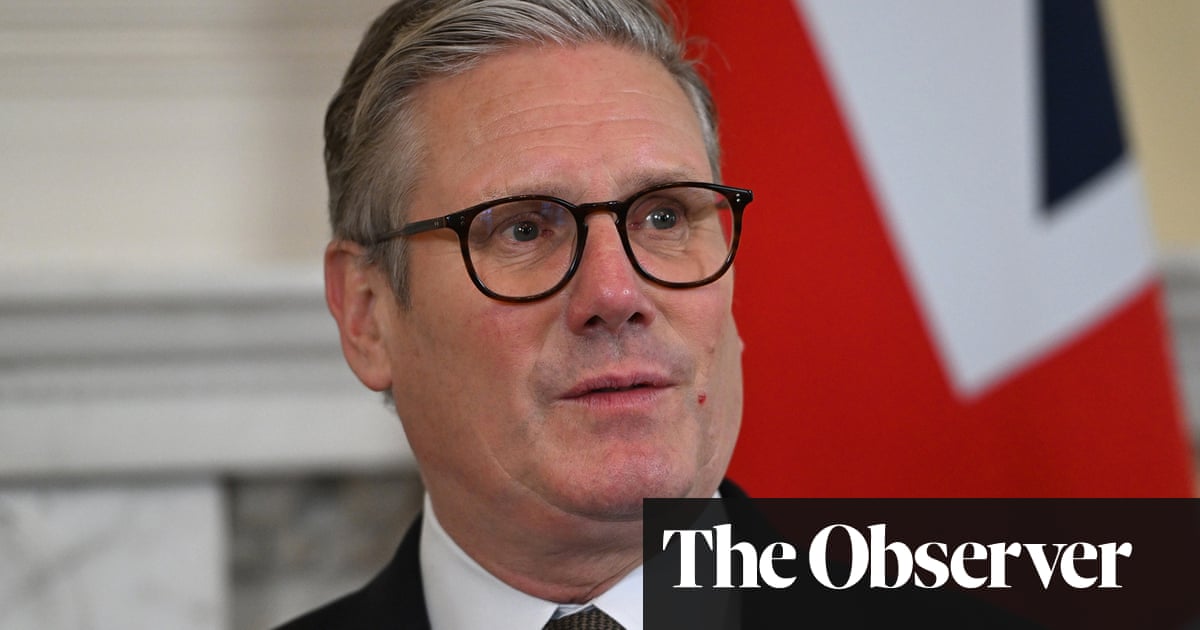The bill for NHS redundancy payouts could reach £1bn in the service’s most radical shake-up in a decade.
Between 20,000 and 30,000 jobs are expected to be lost following the announcement last month that NHS England will be abolished.
Thousands of other jobs in the 42 integrated care boards in England and corporate service posts in NHS trusts will also be cut.
An Observer analysis of Department of Health and Social Care (DHSC) annual accounts shows nearly £450m has been paid in the past five years to staff in the department and its agencies who have taken voluntary or compulsoryredundancy. These include 94 employees who each received more than £150,000 in the year to 31 March 2024.
DHSC accounts reveal the average cost per employee of exit packages from it and its agencies that year was £48,840. Based on these figures, the next round of redundances could cost between £700m and £1.2bn.
Labour has previously called the hundreds of millions of pounds in redundancy payouts presided over by Tory health secretary Andrew Lansley in the reforms of 2012-13 a “colossal waste” of public funds. Lansley’s reforms led to the creation of NHS England, which Labour has described as the world’s biggest quango and which is now being disbanded.
The health secretary, Wes Streeting, will be questioned by MPs on the parliamentary health select committee on Tuesday about his reforms. Streeting has said the scrapping of NHS England is the “final nail in the coffin” of the 2012 reorganisation, with sources briefing that it will save as much as £500m a year.
Siva Anandaciva, director of policy, events and partnership at the King’s Fund, an independent thinktank, has warned that the scrapping of NHS England could be a “massive roadbump” in the development of a new 10-year health plan for the health service. “It’s a huge distraction to keep reorganising the NHS,” he said.
Mark Exworthy, professor of health policy and management at Birmingham University, said there had been a duplication of roles in NHS England, but it was not clear how abolition would help deliver Labour’s key health objectives. He said: “It might be seen as a high-level reorganisation, well away from patient care, but it will have impacts down the line.”
An analysis by the Nuffield Trust thinktank found the proposed cuts in NHS central and support staffing levels will mean fewer full-time equivalent staff in those roles than in 2013.
after newsletter promotion
Billy Palmer, a senior fellow in health policy at the Nuffield Trust, said the reorganisation signalled a move to a “lighter touch” management of the NHS from central administration, but the government would need to ensure crucial roles were not cut. He added: “You need to make sure there is regional support for local [NHS] organisations or there is a risk you could be left with a real void.”
A DHSC spokesperson said: “The figures claimed are based completely on speculation and not on fact. Our plans to bring the NHS back into the department will eliminate duplication, freeing up hundreds of millions of pounds for frontline care to deliver better treatment for patients.
“We are investing an extra £26bn in health and care, and thanks to the reforms so far we are already delivering on our mission to cut waiting lists – delivering an extra two million appointments and cutting the waiting list by 193,000 since July.”

 14 hours ago
7
14 hours ago
7













































